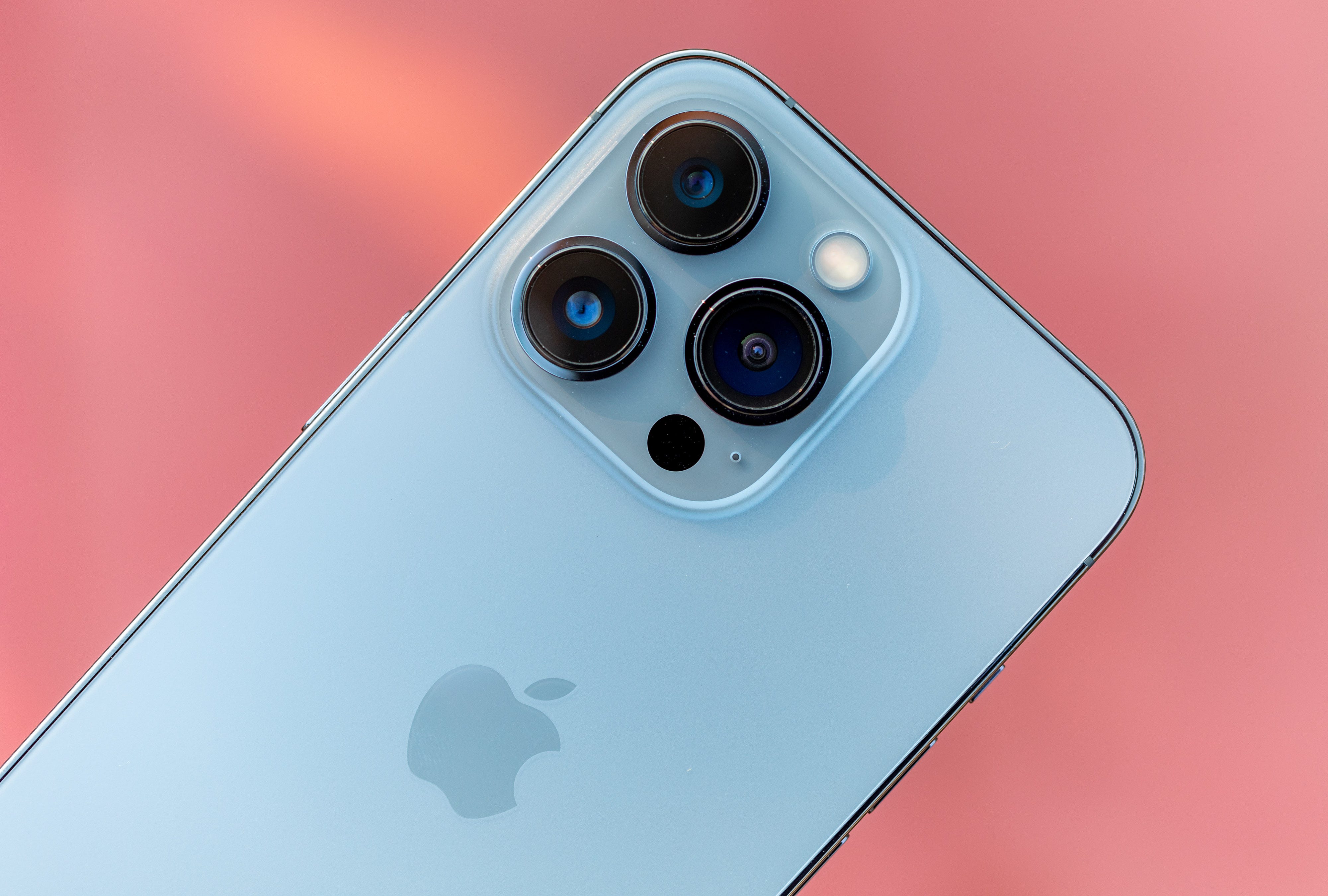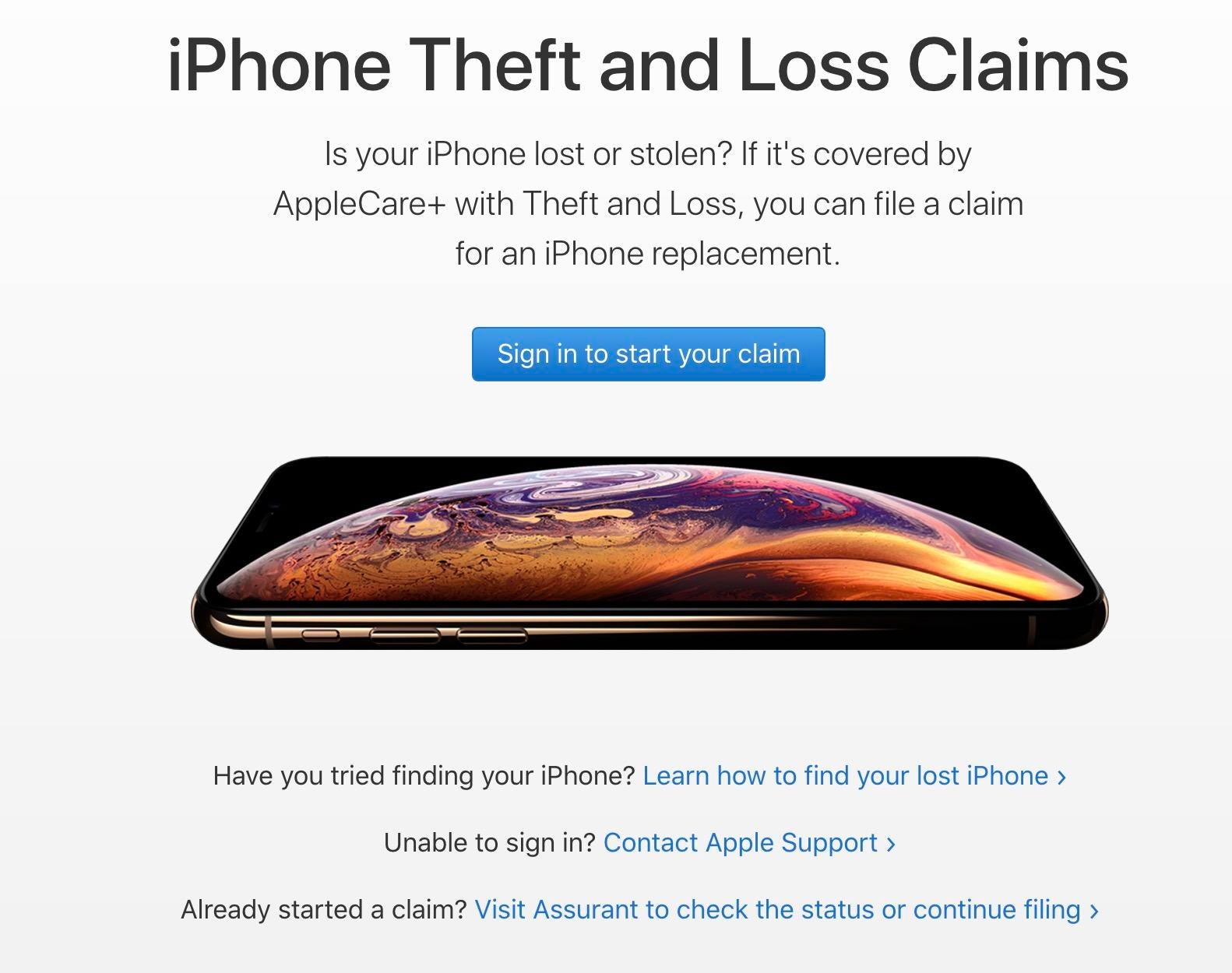How to Track My Sons Iphone From My Iphone

iPhone 13 Pro, Sierra blue
Stephen Shankland/CNETApple has made some big improvements to its Find My service ever since it combined Find My iPhone and Find My Friends into a single app back in 2019. One such addition is the ability to track down your iPhone even when it's powered off, which debuted with iOS 15 in September.
This guide will tell you everything you need to know about using Apple's Find My app. But first, make sure you have a passcode set up. That way if someone does steal your phone, they won't have access to a treasure trove of personal info. Let's also take a few minutes to make sure the Find My service is enabled so you'll have the best chance of getting your device back.
Get the CNET Apple Report newsletter
Receive the latest news and reviews on Apple products, iOS updates and more. Delivered Fridays.
Read more: iPhone 13 vs. iPhone 13 Mini: Apple's smaller smartphone doesn't have me convinced

Now playing: Watch this: Buying guide: The best iPhone models in 2021
7:37
Set a passcode
Some people view using Face ID or Touch ID as an unnecessary step when using an iPhone. Those people are wrong. Setting a passcode and using your face or fingerprint to protect all of the information on your phone is a vital part of keeping your personal information secure. Just think of all the information on your phone: banking apps, private conversations, the location of your home and office, contacts, emails, photos... the list goes on.
Do you really want a random stranger going through all of that?
Secure your device by opening Settings > Face ID (or Touch ID) & Passcode and follow the prompts. Scanning your finger or letting Face ID do its magic is a minor inconvenience. And after a few days, the extra step will become part of your routine and you won't even notice.

There's more than just a switch to turn on Find My that you'll want to pay attention to.
Screenshots by Jason Cipriani/CNETMake sure Find My iPhone is enabled
After setting a passcode, double-check that Find My is turned on. It should be enabled by default, and you'd have to go out of your way to disable it, but it's always a good idea to double-check right now.
On your iPhone, open the Settings app and tap on your name at the top of the screen. Next, tap Find My > Find My iPhone. Make sure that the switch next to Find My iPhone is on, and while you're there, make sure the switches next to Find My network and Send Last Location are on as well.
As a refresher, Apple's Find My network will crowdsource the location of a device marked as lost. For example, if you lose your iPhone and mark it as lost in the Find My app (more on that process in a minute), Apple will use the Find My service on any iPad, iPhone or Mac to locate your iPhone, even if it's not connected to the internet. The device owner won't even know they're helping you find your lost device. I covered this feature in more detail here when it made its debut. There's no reason to not use the network to help you, or a complete stranger, find a lost Apple device.
As for Send Last Location, well, that's pretty self-explanatory. As your battery gets low, it will automatically send its last location to Find My in an effort to help you recover it if it turns off. You can still track your phone after it shuts down if your device is running iOS 15, but that's only available on newer iPhone models. More on that later.
Take advantage of Family Sharing
Apple's Family Sharing service not only saves you money by letting your entire family install a paid app on multiple devices, but it also integrates with the Find My. With Family Sharing set up, you can view the location of all the devices linked to a family member's Apple ID. Meaning, you can ask a family member to immediately begin looking for your lost iPhone once you realize it's missing.
Create good habits
The best way to keep your phone secure, especially when you're traveling or in unfamiliar areas, is to keep a close eye on it and never relax. Be cautious. Overly cautious, even. Don't keep your phone out in the open where someone can grab it and run off. If you do lose your phone, don't panic! Take a deep breath and remember to use Find My iPhone.
Recover your lost iPhone: The Find My app is key
Every single iOS device has Apple's Find My service, formerly Find My iPhone, built into its system settings. The app is connected to and managed by your Apple ID. The moment you realize you've lost your phone, the first thing you should do is visit icloud.com/find on a computer, open the Find My app on another Apple device you own or have a member of your Family Sharing group use the Find My app on one of their Apple devices. Alternatively, you can use the Find My app on another Apple device by signing in with your Apple ID.
If accessing Find My via the website or on someone else's device, it's important to sign in to the same iCloud account linked to the lost iPhone. After signing in, click the All Devices option at the top of the screen, then select your phone from the list. The map will refresh, taking you to the current location of your phone. If the device has been turned off, the last known location will be shown.
When viewing the device's location, use the card in the top-right corner of the screen to play a sound, turn on Lost Mode or remotely erase your phone. Or in the Find My app, you can scroll down to find the same options, with the addition of turning on notifications for whenever the device is found if it goes offline.

The Find My website makes it easy to track down your lost Apple devices.
Screenshot by Jason Cipriani/CNETCan't find your phone? Turn on Lost Mode
If you play a sound on your iPhone and still can't find it, turn on Lost Mode. If you already have a passcode to lock your device (you do, right?), that will be required to unlock your device and turn off Lost Mode. If you don't have one set, you'll have to create one. You'll also be asked to enter a phone number and a message that will be displayed on the lock screen asking whoever has your device to get it back to you.
When enabled, Lost Mode will lock the device, prevent notifications and messages from showing up on your lock screen, and continue tracking the phone's location. The phone will still ring for incoming phone and FaceTime calls. This should help you track down the phone if it's nearby. Or maybe you'll be lucky and the person who has the phone will answer it to help get it back to you.
Any credit and debit cards added to Apple Pay, along with student IDs and transit cards stored in the Wallet app, will be disabled until you regain access to the phone and log in to your iCloud account.
If the phone is turned off and Lost Mode is enabled, you'll receive an alert when the phone is turned back on, including its current location.
When you recover your phone, you'll need to enter your passcode, or the passcode you created when enabling Lost Mode. Then sign in to your iCloud account to regain access to all of your Apple services like Apple Pay.

What an iPhone looks like when Lost Mode is enabled.
Jason Cipriani/CNETFind your lost or stolen iPhone even when it's turned off
Apple's iOS 15 update brings a big improvement to Find My that makes it possible to locate your lost iPhone even when the device has been turned off or the battery has died. This feature works automatically so long as you have the Find My network enabled on your iPhone. That means your iPhone's location will remain visible in Find My on your other devices and to people in your Family Sharing group regardless of whether the phone is powered on.
However, this feature is only available on iPhones in the iPhone 11, 12 or 13 series.
Here's a refresher on how to turn on the Find My network: Open the Settings menu on your iPhone and tap the box with your name and photo. Then, press Find My and choose Find My iPhone. From there, make sure the option for Find My network is toggled on.
When this capability is activated, you'll also see an alert when powering down your iPhone that says, "iPhone Findable After Power Off." Tapping that notification will pull up an information box that provides more detail.

In iOS 15, you can locate your lost iPhone in Find My even when your device is turned off.
Screenshot by Lisa Eadicicco/CNETWhatever you do, don't confront a thief
If you're able to track your phone to a house or apartment building, don't confront the potential thief on your own. Call the cops and ask for their help. Sure, you want to get your phone back, but getting into a confrontation and potentially getting hurt isn't ideal.
Contact your local police and let them handle it.
Contact your carrier
If you're unable to get your phone back, contact your carrier and explain that your phone has been lost or stolen. The carrier will flag your device's International Mobile Equipment Identity number and, in most cases, will prevent that number from working on the network, rendering the device useless to whoever has it.
Keep in mind that if you have your service suspended you'll reduce the odds of tracking the phone unless it's connected to a known Wi-Fi network or another member of the Find My network happens to be nearby. Suspending service is something you should only do after you're sure you can't recover the phone.
File an insurance claim

AppleCare Plus claim page for a lost iPhone.
Screenshot by Jason Cipriani/CNETIf you have AppleCare Plus with Theft and Loss or pay monthly for device insurance through your carrier, start the claim process as soon as possible. You'll need to fill out some paperwork and pay a deductible in order to get a replacement device.
To begin the process for a phone that has AppleCare Plus with Theft and Loss covered, use this website. Filing a claim will erase your iPhone and prevent anyone else from being able to use it. Should you find your phone after filing a claim, you can cancel it. But you'll need to set up your iPhone as new.
Contact your carrier directly to begin the claim process.
After recovering your lost iPhone, take a few minutes to change these 15 settings. If you're still getting used to iOS 15check out some of these new features.
How to Track My Sons Iphone From My Iphone
Source: https://www.cnet.com/tech/mobile/how-to-find-your-iphone-even-if-its-turned-off-the-fastest-way-to-do-it/
0 Response to "How to Track My Sons Iphone From My Iphone"
Publicar un comentario